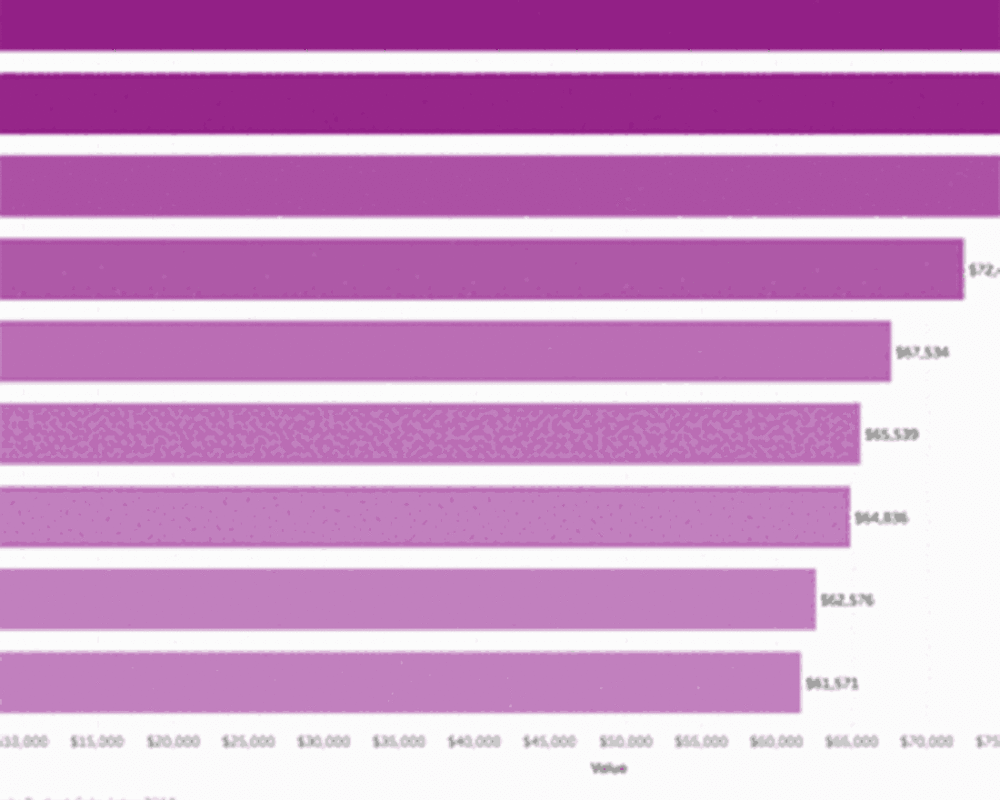Minimum Wage and Overtime
In 1998, EOI worked to pass Initiative 688, making Washington the first state to index minimum wage to inflation. However, with today’s disproportionate job growth in high-wage industries, Washington’s cost of living is outpacing inflation and those annual minimum wage adjustments fall short.
Initiative 1433, passed with EOI leadership and engagement of community allies in 2016, set the state minimum wage to increase again over the next several years.
These increases provide much-needed relief to low-wage workers across the state, but many are still unable to afford the basics on a minimum wage income. A growing economy means growth of high, moderate, and low-wage jobs, and all of those workers deserve a living wage for their work.
In 2019, EOI contributed important policy analysis expertise and outreach to support a major change in Washington Administrative Code regulations governing who is covered by overtime and paid sick and safe leave laws. The minimum salary threshold to be exempt from overtime and sick leave protections began gradually rising in 2020 and will reach 2.5 times Washington’s minimum wage in 2028, making Washington’s protections the strongest in the nation.



